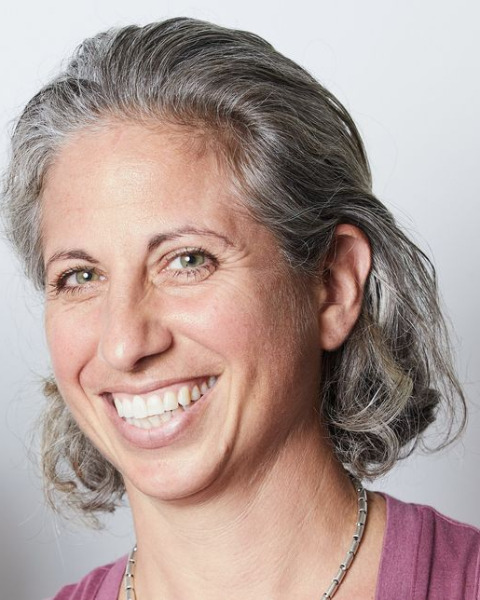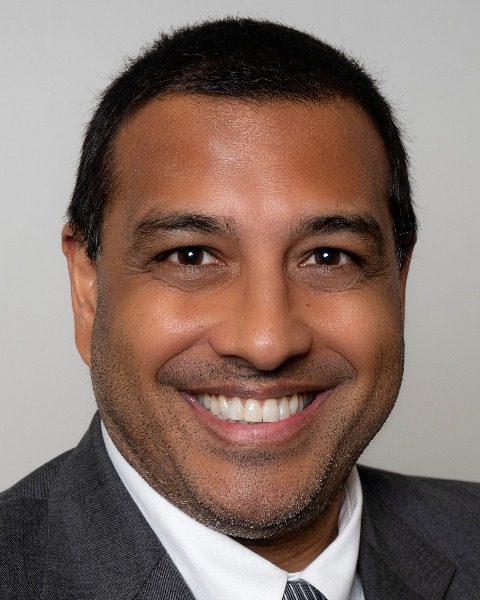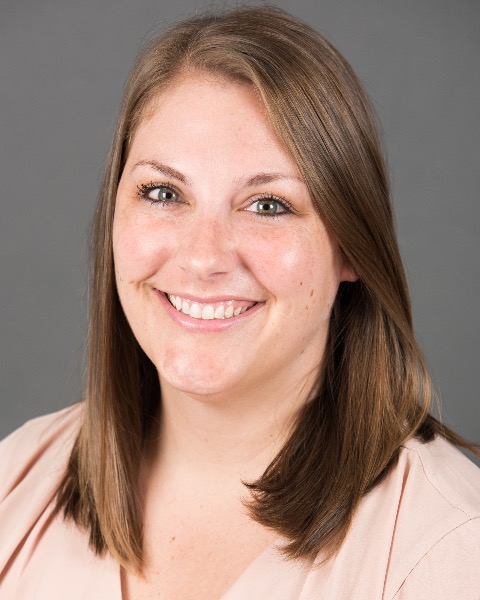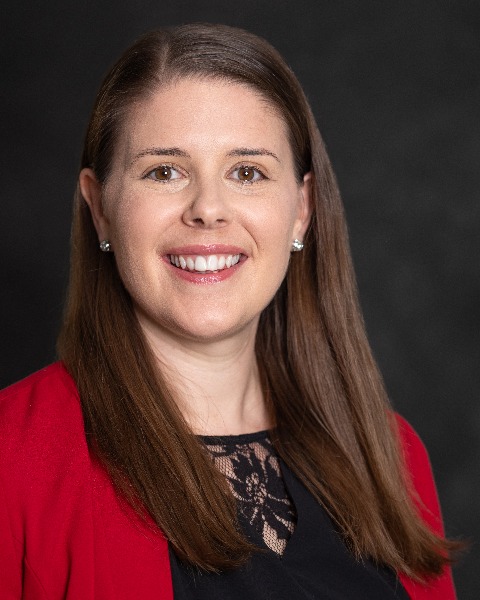Advocacy
From Bedside to State House: Daily Advocacy
-

Maya Maxym, MD, PhD (she/her/hers)
Assistant Professor, Pediatrics
University of Hawaii, John A. Burns School of Medicine
Honolulu, Hawaii, United States -

Madhulika Mathur, MD, MPH (she/her/hers)
Associate Professor of Pediatrics
University of Wisconsin School of Medicine and Public Health
Verona, Wisconsin, United States -

Shetal Shah, MD FAAP (he/him/his)
Professor of Pediatrics
New York Medical College
Syosset, New York, United States -

Amanda Stewart, MD, MPH (she/her/hers)
Assistant Professor of Pediatrics and Emergency Medicine
Children's National Health System
Washington, District of Columbia, United States -

Lenore Jarvis, MD, MEd
Associate Professor of Pediatrics
Children's National Hospital
Washington, District of Columbia, United States
Leader(s)
Co-Leader(s)
Workshop
Description: Weaving advocacy into nearly every aspect of our work empowers pediatricians to promote meaningful change when confronted with daily injustices, such as food insecurity or inequitable access to care. This proposal builds on our successful, well-attended PAS 2023 Workshop, "Becoming a Changemaker: How to Incorporate Advocacy Into Your Already Packed Schedule." In response to upcoming ACGME guidelines formalizing advocacy as part of pediatric training and feedback from last year's participants, we will offer attendees the opportunity to develop advocacy skills in three fundamental areas: advocating to stakeholders, advocacy communication, and teaching advocacy.
After introductions and a brief overview of the breadth of activities that fall under advocacy, the relationship between clinician advocacy and health equity / social justice, and the importance of advocacy as an academic activity, we will divide into three stations with rotating facilitators.
At Station 1, participants will learn to identify a single child health policy issue, plan for a meeting with stakeholders (e.g. government officials), and prepare a “one-pager” document to leave behind after a meeting.
Station 2 will focus on advocacy communication, specifically the basic tenets of effective Op-Ed writing and interacting with the media, as well as strategies for getting academic credit for advocacy.
Station 3 will use case-based vignettes to help participants identify opportunities for daily advocacy and practice incorporating advocacy “pearls” into didactic and bedside teaching.
The workshop will conclude with an opportunity for participants to share take-home points from the skills stations and receive additional resources to support their advocacy work.
Learning Objectives:
- Select a child health policy issue for focused advocacy, identify stakeholders, highlight important talking points when meeting with legislators, and design a one-page “leave-behind” summary document.
- Outline, draft, and submit an Op-Ed on an issue of interest, feel comfortable using the media to advocate for a child health issue, and understand how to leverage advocacy publications for academic credit.
- Implement practical strategies to promote the incorporation of a social justice and equity lens for learners by identifying opportunities and demonstrating the practice of advocacy in daily bedside and didactic encounters.
